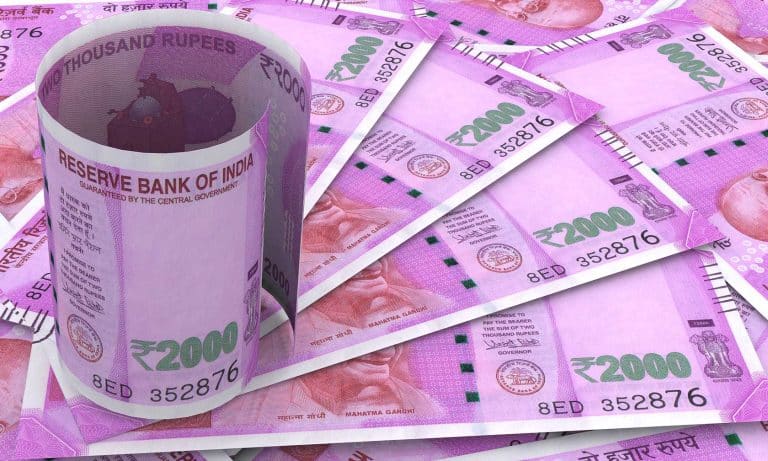In a surprising move that has taken the nation by storm, the Reserve Bank of India (RBI) has recently announced the withdrawal of the Rs. 2000 denomination notes from circulation. This decision has generated a wave of speculation and curiosity among the public, as the high-value note was introduced relatively recently. Let us explore the reasons behind this decision and its potential implications for India’s economy.
Reasons For Withdrawal
The decision to withdraw the Rs. 2000 notes stems from multiple factors. One of the primary reasons is the concern surrounding the misuse of high-value currency for illegal activities, including money laundering and the funding of terrorism. The Rs. 2000 notes, being the highest denomination in circulation, were often targeted by counterfeiters due to their significant value.
By withdrawing the Rs. 2000 notes, the RBI aims to disrupt illegal activities and curb the circulation of counterfeit currency. The move also aligns with the government’s push for a more transparent and accountable financial system.
Promoting Digital Transactions
Another crucial aspect that prompted the withdrawal decision is the government’s continuous efforts to promote digital transactions and reduce cash dependency. The rise of digital payment platforms, mobile wallets, and UPI-based transactions has gained momentum in recent years. By removing the Rs. 2000 notes, the RBI intends to encourage the use of these digital payment methods, as well as lower denomination notes, for everyday transactions.
Furthermore, the withdrawal of the Rs. 2000 notes is expected to encourage individuals and businesses to adopt formal banking channels, fostering financial inclusion and bringing more transactions within the purview of the banking system. This shift could help in expanding the tax base and facilitating a more robust economic ecosystem.
Addressing Counterfeit Concerns
The withdrawal of the Rs. 2000 notes provides an opportunity for the RBI to introduce a new set of currency notes with enhanced security features. Counterfeit currency has been a persistent challenge for India’s economy, undermining trust and impacting financial stability. The introduction of advanced security measures in the new currency notes will make counterfeiting more difficult, ensuring the integrity of the currency and bolstering public confidence.
Transition Challenges
While the withdrawal of the Rs. 2000 notes holds potential benefits, it also presents challenges during the transition period. Similar to the earlier demonetization exercise, the recalibration of ATMs and vending machines to accommodate the revised currency structure will be necessary. Banks and financial institutions must ensure that the transition is smooth, minimizing any disruptions to the public.
Moreover, public awareness campaigns and educational initiatives will be essential to familiarize citizens with the revised currency denominations and the reasons behind the withdrawal. It is crucial to address concerns and provide assistance to individuals who may face difficulties during the transition period.
Implications For The Economy
The withdrawal of the Rs. 2000 notes can have significant implications for India’s economy. It is expected to curb the circulation of counterfeit currency and deter illegal activities. Additionally, the move will likely promote greater transparency and accountability in financial transactions, leading to increased tax compliance and formalization of the economy.
Furthermore, the withdrawal of the high-value note is likely to accelerate the adoption of digital payment methods. This shift aligns with the government’s vision of a cashless economy, reducing the reliance on physical currency and driving financial inclusion.
Conclusion
The RBI’s decision to withdraw the Rs. 2000 notes signifies a bold step towards creating a more secure, transparent, and digital-driven financial ecosystem in India. While the transition may present temporary challenges, the potential long-term benefits, such as curbing counterfeiting, promoting digital transactions, and fostering financial inclusion, make this move significant.

